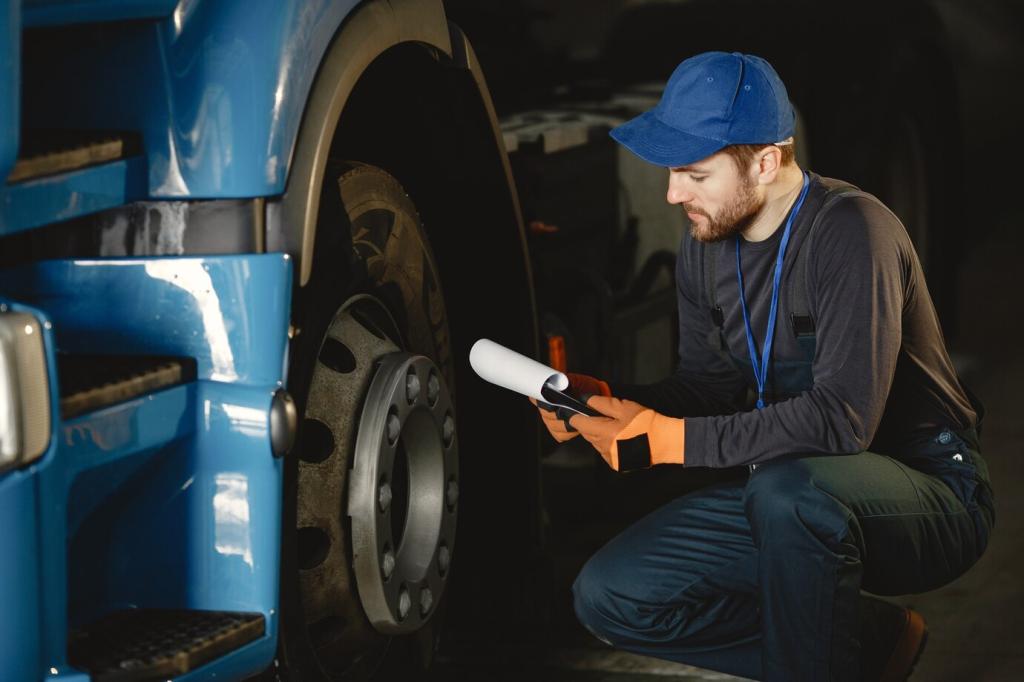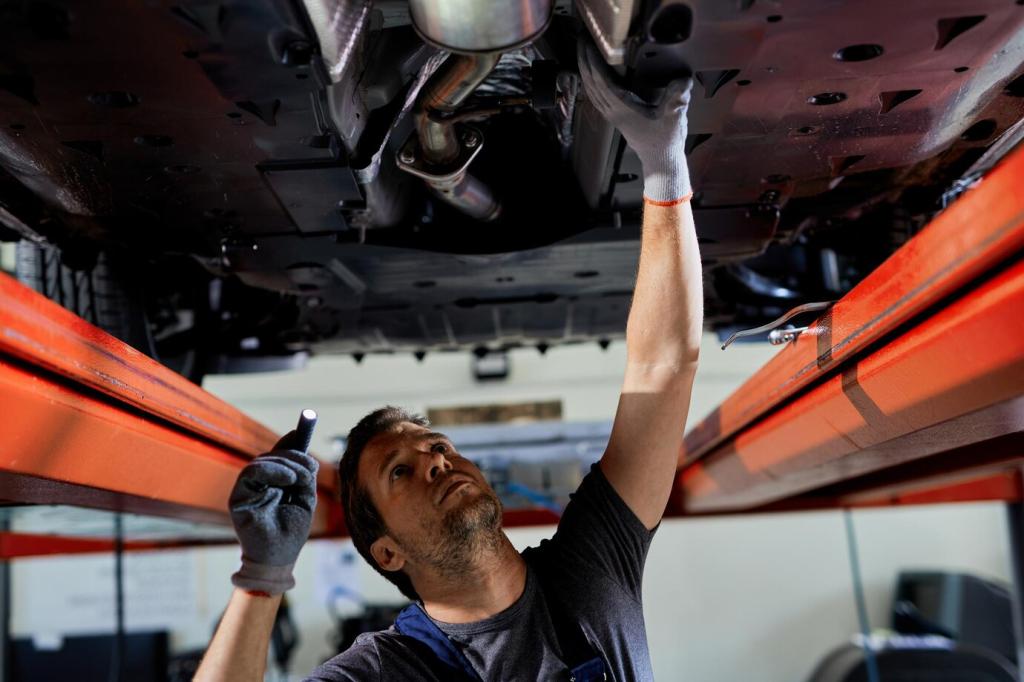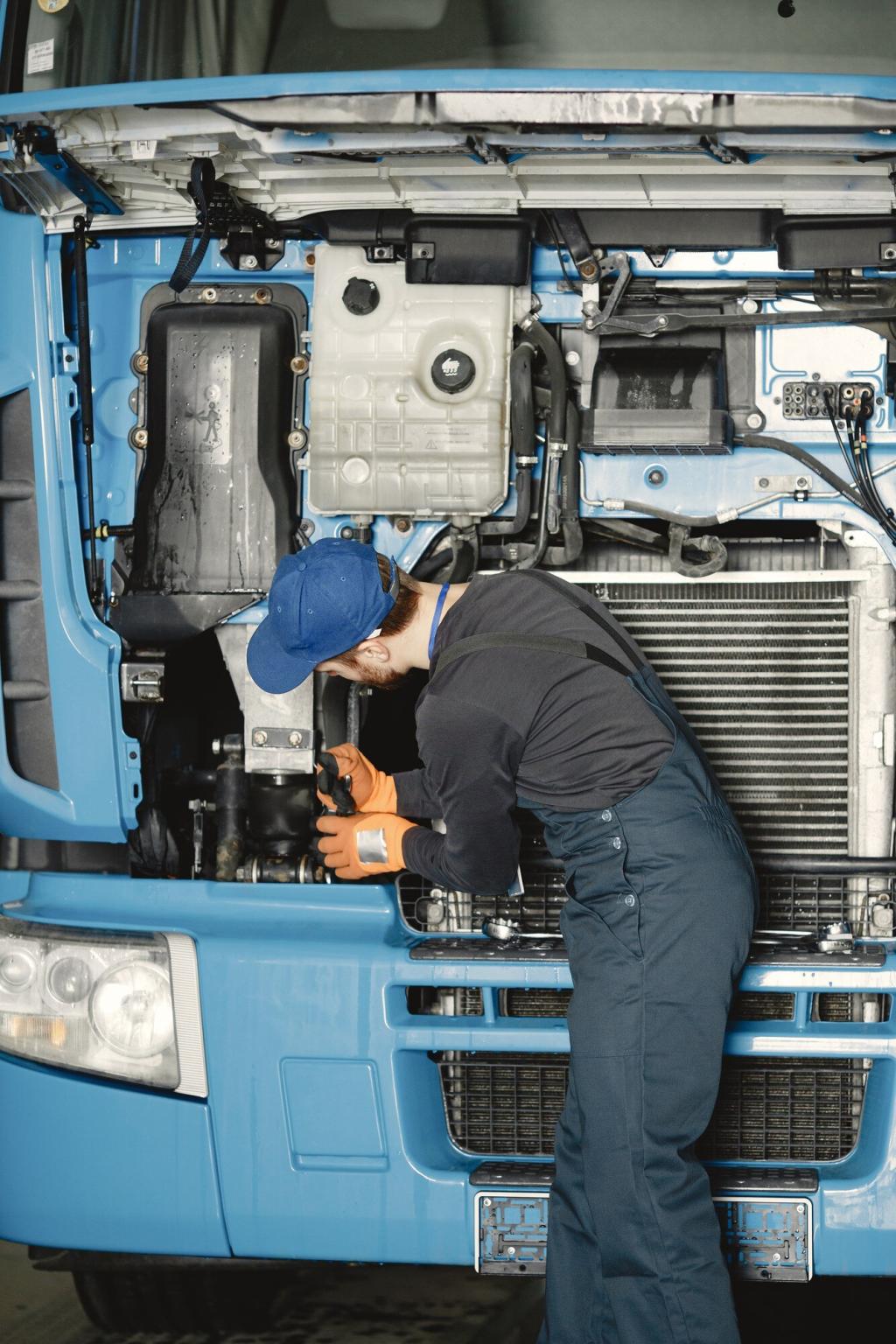Seasonal and Environmental Variables
Blend No. 1 with No. 2 diesel to meet local CFPP, dose anti-gel before the cold front, and heat or insulate exposed lines. Last January, a snowplow fleet avoided a 3 a.m. tow by pre-dosing tanks at the yard. What is your pre-storm routine?
Seasonal and Environmental Variables
Gasoline fleets battle vapor lock and hot-soak issues. Shield lines, verify pump duty cycles, and use the correct seasonal RVP. Diesel fleets fight thinning fuel and recirculation heat. Shade bulk tanks, route lines away from exhaust, and track hot-weather return rates.
Seasonal and Environmental Variables
High elevations lower boiling points and stress pumps. Validate low-side supply, recalibrate expectations for turbo lag, and schedule heavy pulls during cooler windows. Match maintenance to stop‑start, long-haul, or off-road cycles, and invite driver feedback promptly.
Seasonal and Environmental Variables
Lorem ipsum dolor sit amet, consectetur adipiscing elit. Ut elit tellus, luctus nec ullamcorper mattis, pulvinar dapibus leo.






